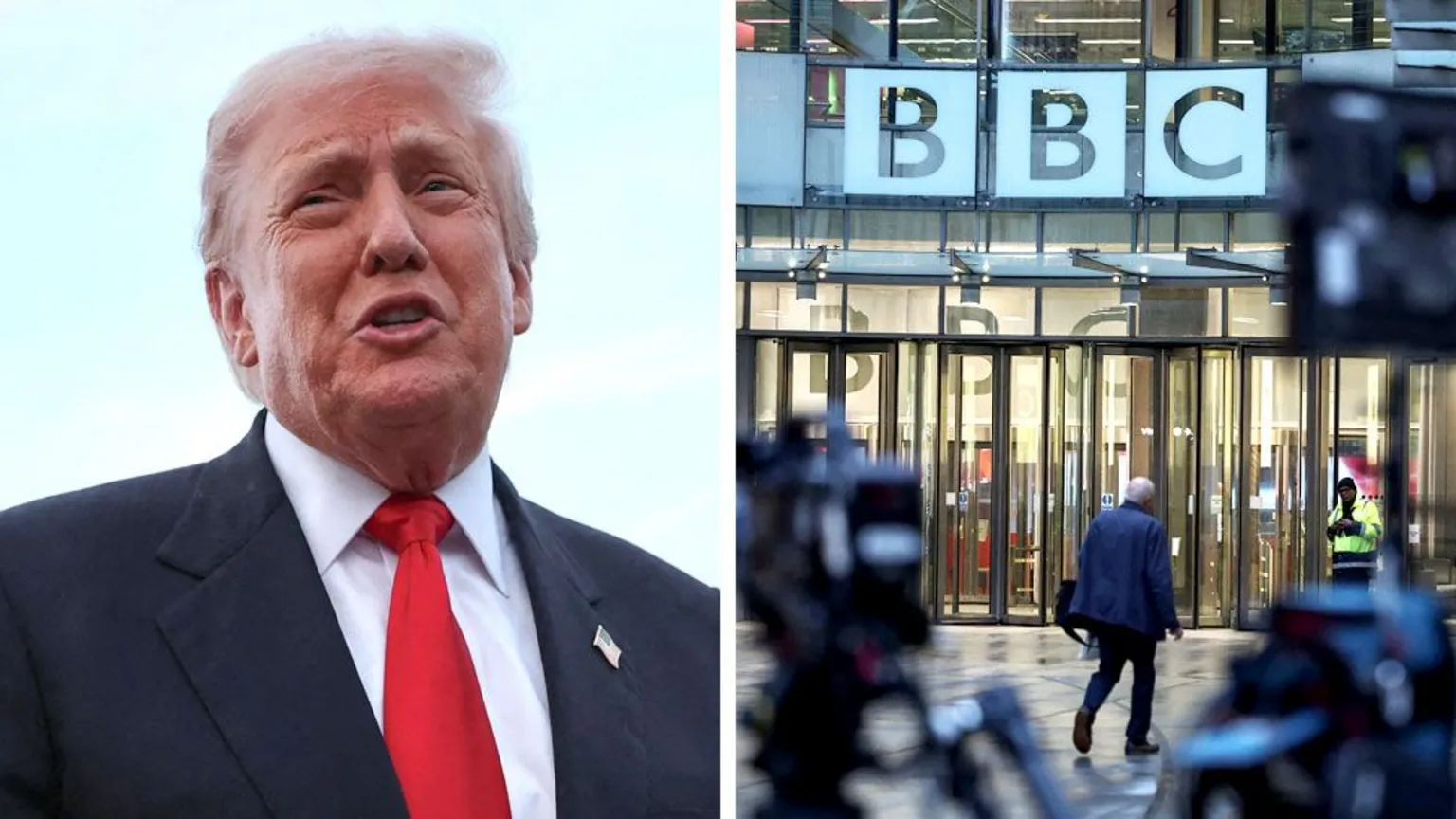Prescott had also expressed concerns about a lack of action to address what he described as"systemic problems" of bias in BBC Arabic's coverage of the Israel-Gaza war.
And he raised concerns about the broadcaster's coverage of trans issues, suggesting it was effectively"censored" by specialist LGBT reporters who promoted a pro-trans agenda.
Shah's letter noted these issues had been discussed by the editorial standards committee, including concerns regarding BBC Arabic.
He said that a review of sex and gender identity coverage noted"much of the coverage met the BBC's standards of impartiality and accuracy".
He said the committee"accepts that there are occasions when the BBC gets things wrong" and takes action when necessary, including disciplinary measures, updating guidelines and issuing corrections.
"Mr Prescott may have judged that these individual actions were not sufficient.
"That is his opinion - and it is of course for him to form that judgement. However, it is not true to say that concerns have been ignored or action not taken."
In an interview with the BBC's culture editor Katie Razzall, Shah insisted it was"simply not true" the organisation has done nothing to tackle problems, citing action taken at the BBC Arabic service and long form journalism unit.
He also defended the BBC against allegations of having"anti-Israel" bias in its coverage of the Israel-Gaza war.
He said various issues raised by Prescott were being taken seriously and that included"individual mistakes and underlying problems", adding that action is and had been taken on both - but rejected claims of systemic bias.

